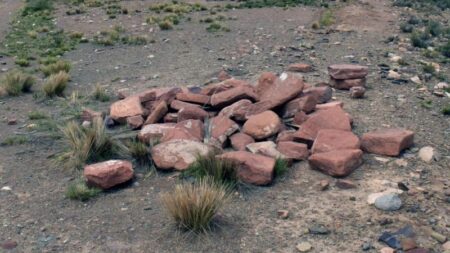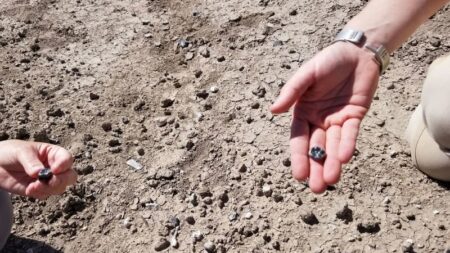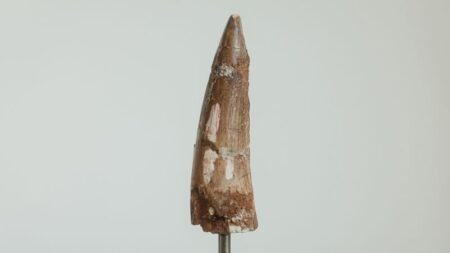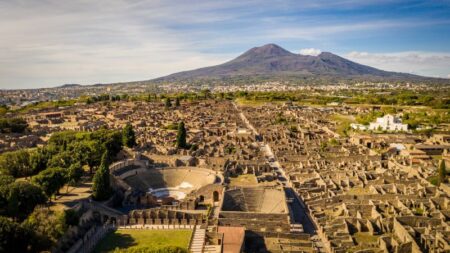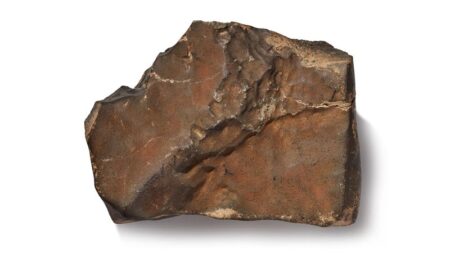On August 7, 2023, the world lost a remarkable figure in space exploration: famed NASA astronaut Jim Lovell. The commander of the Apollo 13 mission, Lovell’s contributions to the field were monumental, but the famed astronaut was also deeply cherished as a family man. He passed away at the age of 97 in Lake Forest, Illinois. While the cause of death has not been disclosed, the news came as a significant loss to both the space community and Lovell’s family.
In a statement following his passing, Lovell’s family expressed their sorrow while maintaining a request for privacy during this difficult time. They described him as “beloved father, USN Captain James A. ‘Jim’ Lovell,” recognizing not just his professional accolades but also the deep personal connections he fostered with those around him. The heartfelt tribute underscored the multifaceted aspects of Lovell’s life, stating, “We are enormously proud of his amazing life and career accomplishments, highlighted by his legendary leadership in pioneering human space flight.”
Jim Lovell’s career with NASA was distinguished by several key missions, most notably the Apollo 13 mission in 1970. Prior to that, Lovell had already made a name for himself by participating in the Gemini 7 and Gemini 12 missions, as well as commanding Apollo 8—the first mission to orbit the Moon. These missions solidified his reputation as one of the most capable astronauts in NASA’s history. His selection to command Apollo 13 was seen as a well-deserved recognition of his talent and experience.
However, the Apollo 13 mission is best known not for its intended goals but for the challenges it faced. On the journey to what was meant to be NASA’s third crewed lunar landing, disaster struck when an oxygen tank explosion crippled the spacecraft. At the time, Lovell was approximately 200,000 miles away from Earth, leading to an unforgettable call to mission control: “Houston, we’ve had a problem here.” This phrase would go down in history, symbolizing not just a technical failure, but a profound test of human resolve and ingenuity.
The explosion severely damaged the Apollo 13 spacecraft, knocking out critical life support systems and power supply. Lovell and his crew, which included astronauts John Swigert Jr. and Fred Haise Jr., were forced to abort their mission and make a daring return to Earth. Their journey from the brink of potential disaster back to safety was marked by improvised solutions and quick thinking, reflecting Lovell’s exceptional leadership and calm under immense pressure.
Sean Duffy, the acting NASA Administrator, acknowledged Lovell’s contributions in a statement released shortly after his death. He credited Lovell’s “calm strength under pressure” for the safe return of the Apollo 13 crew, showcasing the pivotal role Lovell played not just in that specific mission but in setting precedents for future NASA missions. By navigating the crew’s disassembling challenges, Lovell exemplified resilience during one of NASA’s most storied incidences.
The legacy of Jim Lovell transcends beyond his physical presence. He is a symbol of human courage, adaptability, and unyielding optimism. He personally inspired countless individuals—whether they aspired to be astronauts or simply sought to tackle their challenges. Navigating through the immense stresses of space was one of his hallmarks, and his approach to problem-solving has left a lasting imprint on many.
As news of Lovell’s passing continues to circulate, tributes are expected to pour in worldwide. His influence on space exploration remains profound, and his story inspires future generations to dream big and reach for the stars. While he has left us, his achievements and the lessons learned from his life and career will remain in our hearts and minds indefinitely. Jim Lovell was more than an astronaut; he was a pioneer, a leader, and for many, an enduring hero.







